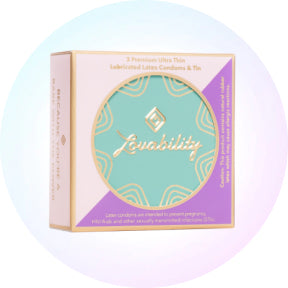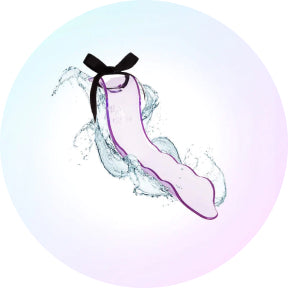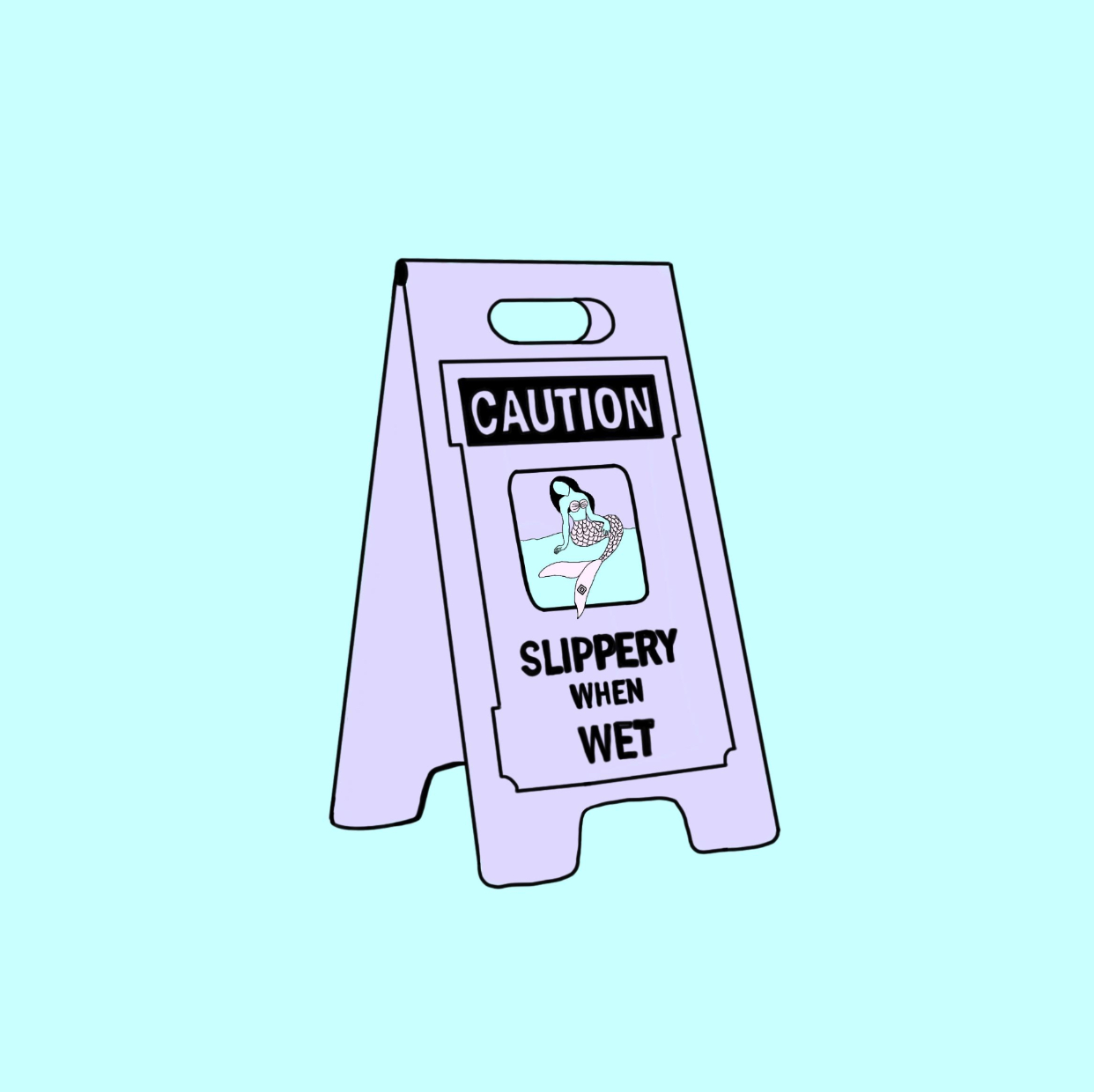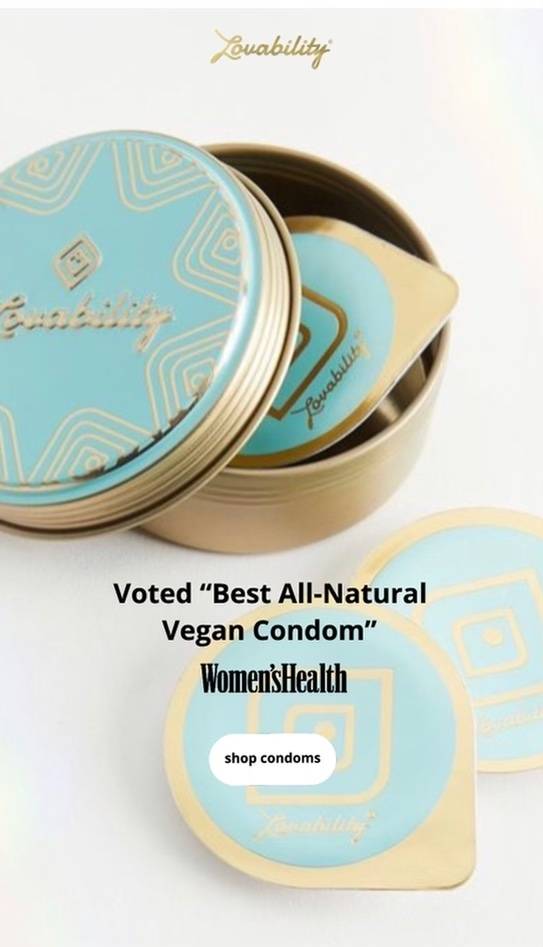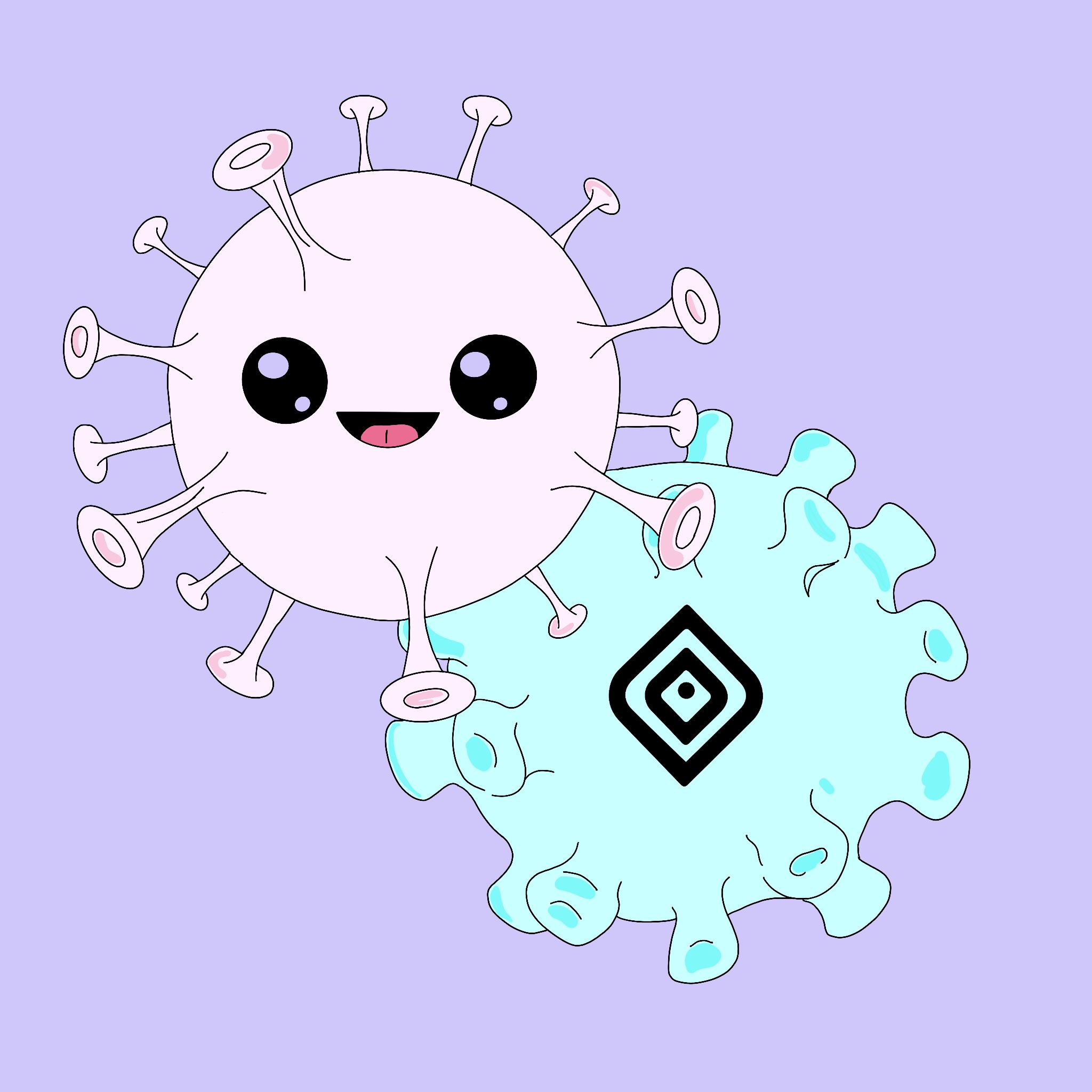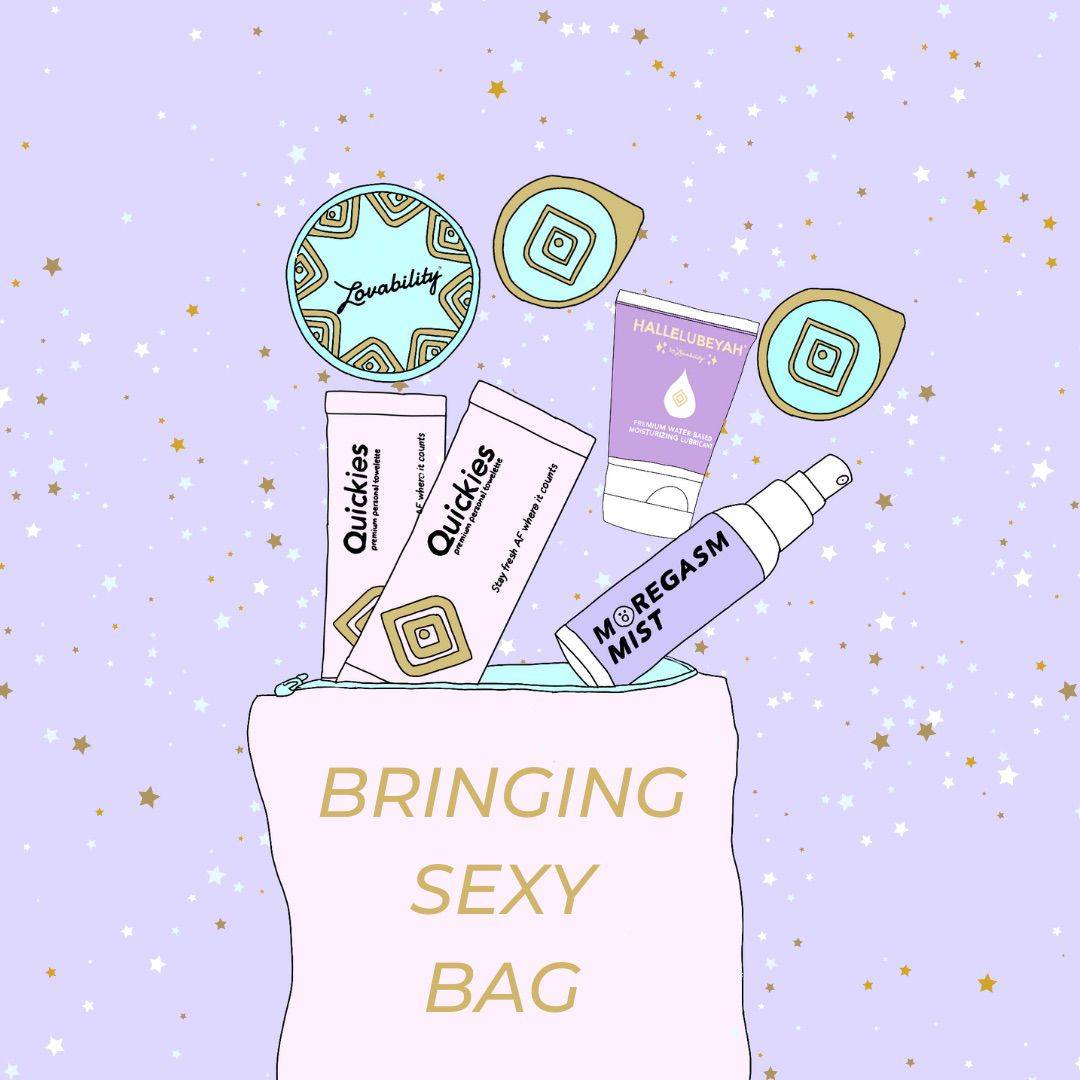No one is shouting their love for lube from a mountaintop—and we're not sure why. There's no shame in the lube game. It's quite literally a girl's best friend. From reducing friction to enhancing pleasure, everyone should have a tube of their favorite lube on hand for when things start to heat up.
And yet, secrecy and stigma are still so prevalent that even the most sexually liberated ladies can feel awkward about it. Don't let the whispers of embarrassment keep you from enjoying the best sex of your life. We're demystifying and deconstructing everything you need to know about lube, so you can make an informed decision about how (and when) to use it.
What Are Lubricants Exactly?
Oh, not anything special. Just the most wildly under-appreciated sexual pleasure enhancer of the modern era.

Lubricant, or lube for short, is a liquid or gel-like substance that was designed to reduce friction during penetrative sex (though its use has graduated far beyond that now). As it turns out, the old adage "the wetter, the better" is 100% true no matter how old or young you are. Vaginal dryness can make sex uncomfortable at best and totally painful at worst.
Desert conditions happen for a truckload of reasons, so let's normalize the need—and desire—for lube at every age. Because when you move beyond the myth and lore that using lube means you're not attracted to your partner or wrongfully dry (read more about that load of BS here), you'll find that outsourcing your wetness is kind of a cheat code for ah-mazing sex.
There's a long list of expert-approved, fun ways to use lube here. Here's a quick taste of what you can use this magic bedroom potion for:
- Playing with sex toys
- Enhancing pleasure with condoms
- Adding some slickness to handjobs
- Giving your nips a little love
- And oh-so-much more
Different Types of Lube
Before you start stocking your bedside drawer, you first need to familiarize yourself with this ultra sex essential. Lubricant is made out of three different bases: water, silicone, and oil. Water is by far the most common and the least likely to irritate your delicate down-there skin. It has no taste—surprise, surprise—so it's a great one to use for oral.
Silicone is the other non-irritating main player you'll see. It doesn't dry out as quickly as water-based lube, and it even leaves your skin feeling silky smooth. Just don't use it while using silicone toys, as it can break down the chemical bond and actually deteriorate the material.

Lovability Co-Founder & President, WaterSlyde inventor, and world-renowned pleasure queen Maureen Pollack says an easy way to test if your lube is toy-friendly or not is to put a small dab of it on the base of the toy. If it becomes sticky, that lube is not compatible. Not all lubes will mark themselves toy-safe, but we've made sure that our HALLELUBEYAH Organic Aloe personal lubricant works perfectly with all your favorite playthings.
Oil-based lubes can also get a little hairy. Many of the oils used, like baby oil or petroleum jelly, can actually damage latex (rendering those condoms ineffective). It's best to leave those blends behind and opt for a safer and still super-fun option.
Lube Options
As we (thankfully) shift to a more holistic sexual marketplace, many people are becoming a little wary of traditional lubricants and are turning to some natural, household alternatives. While coconut oil, Vasoline, and even saliva may seem like safe options, Pollack says everyone should be aware of the potential risks of using these substances.
"My main concern is always if a product is body-safe," she says. "Things that have an oil base (including silicone lubricant)—as great as they are at keeping you moisturized and lubricated—are very difficult to wash away."
Some oils, and even your saliva, can harbor bacteria, which will find the moist and warm conditions of your nether regions to be the perfect place to live. So yeah, it's not the best idea to use it internally. However, Pollack says that oil-based lubricants, along with other intimacy oils, serums, moisturizers, lotions, and balms (like our Bomb Balm Arousal Balm), are totally fine to use externally - just make sure to keep them away from latex!
So the main difference between lube and lube alternatives is that lube can be used externally and internally (in fact, it must be FDA-cleared as of 2017), and lube alternatives can only be used externally.
Lube 101: How, When & Where To Use It
Just when is it appropriate to bring out the lube, you ask? Well, according to Pollack: "however the eff you want, whenever the eff you want, and wherever the eff you want."
There are no hard and fast rules when it comes to lubricant application. We've said it before, but it always bears repeating: vaginal dryness is nothing to be ashamed of. It happens during certain phases of your menstrual cycle or as a side effect of medication. So anytime you feel like you want a little bit of extra juice (for whatever reason), go for it. Lube is there to help.
But, uh, how much lube should you use?

"Less is more," Pollack says. "But it all depends on what people like. If you experience dyspareunia or painful intercourse, use a generous amount. Just remember that you want to feel a little bit of friction. Overdoing it can cause you to not feel as much."
Here's a quick rule of thumb from Pollack that we all can follow:
- Vaginal: Start with a pea-sized amount
- Penis: Start with a quarter-sized amount
- Anal: Start with a half-dollar-sized amount
Choosing The Right Lube For You
Finding a reliable lubricant that won't mess with your body should be easy. But alas, it is not. Thankfully, Pollack has a simple and sexy rule of thumb she advises anyone in the market for a new lube to use: is it good for all of your lips?
"If I wouldn't put it on or in my mouth, I wouldn't put it down there," she says.
So as you're browsing for your next tube, make sure to check the ingredient list. If you can pronounce and recognize most of what's there, you're good to go. That's why we made our water-based HALLELUBEYAH Organic with organic aloe, a natural, ultra-hydrating ingredient to help mimic your body's natural juices. It's basically the closest thing you can get to your own wetness.
Sound good?
About The Author
Emily Blackwood is a freelance journalist committed to answering the plaguing question of what makes us truly happy. Turns out, it's a lot. Her work has been published in SELF, HuffPost, and YourTango. You can learn more here.
___________________________________________________
Medical Disclaimer: The information provided here is intended for educational and informative purposes only and is not intended to serve as medical or professional advice. If you have any concerns or questions about your health, you should always consult with a physician or other health-care professional.


